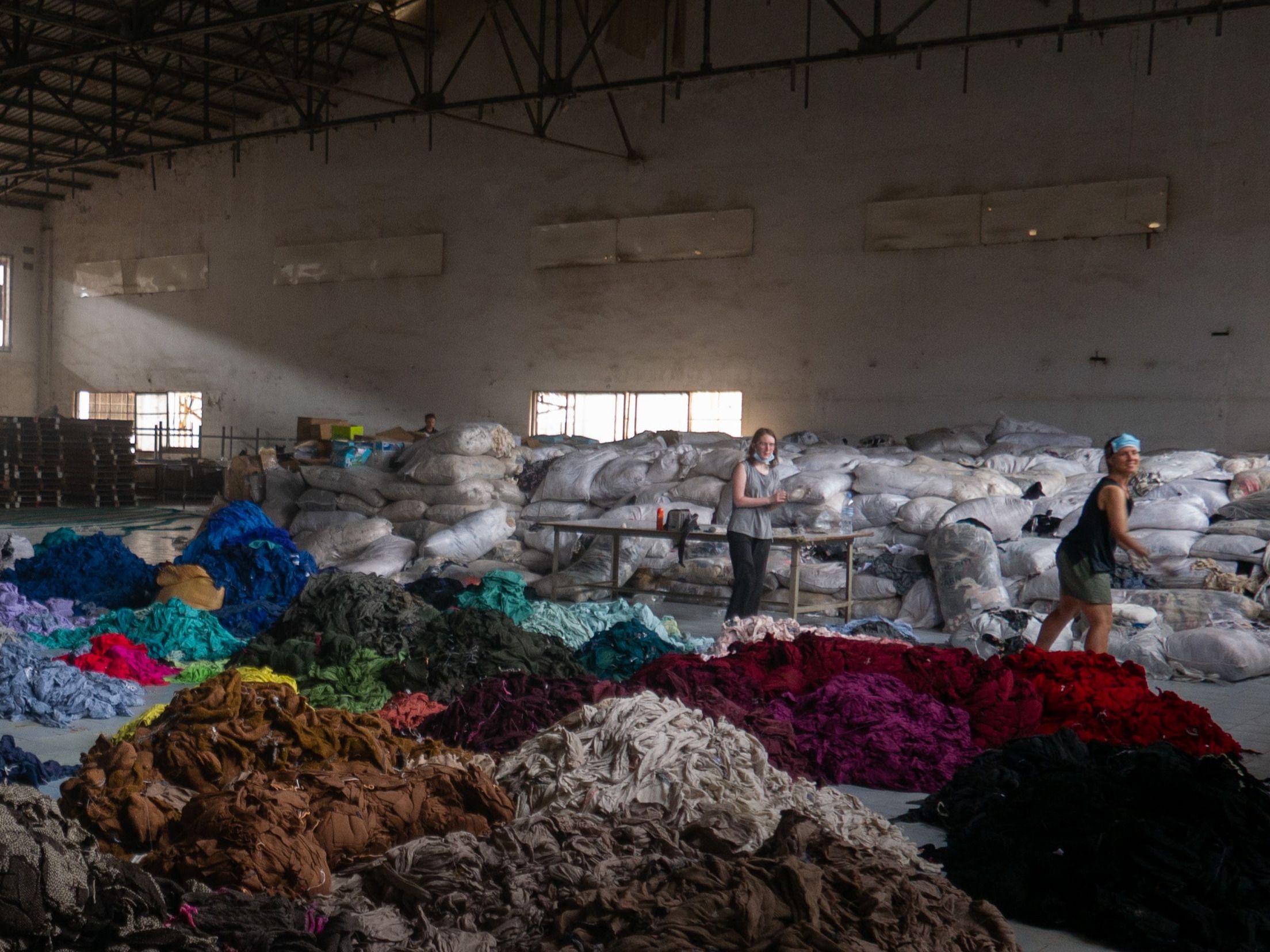Approved by curator

Added: Mar 15, 2022
Last edited: Sep 27, 2022
The environmental impact of textiles is huge. To tackle this issue an agreement between industrial and government stakeholders has been made in 2016 to develop a strategy for textiles to span the full value chain.
Textile is a resource-intensive industry. Only in 2015, 79 billion cubic metres of water was used by the textile and clothing industry. Equally, to produce one t-shirt, 2 700 litres of water are needed.
To make social, ecological, and economic improvements in this sector, a multistakeholder agreement has been concluded in July 2016, the Dutch Agreement on Sustainable Garments and Textile, between the government, industrial organisations, trade unions and nongovernmental organisations. The agreement particularly focuses on raw materials and strives to extend the lifespan of textiles. It also intends to turn discarded textiles into newly applicable fibres. Concerning municipalities, they adapt their collection strategies to circular processing.
To fulfil these ambitions, a Circular Textiles Road Map was developed to guide all initiatives. Afval Circulair, the knowledge center on circular economy from the Dutch Ministry of Infrastructure and Water Management, and Modint, the trade association for manufacturers and suppliers in the fashion and textile industry, were the main contributors to this roadmap. The Dutch Circular Textiles Platform was also launched, to promote this circular development in the sector.
Photo by François Le Nguyen on Unsplash

Prioritise regenerative resources
Stretch the lifetime
Design for the future
Team up to create joint value
Incorporate digital technology
Regenerative materials
Regenerative water
Maximise lifetime of products in-use
Maximise lifetime of products after use
Design out waste
Design for cyclability
Industry collaboration
Government collaboration
Digital platforms
Reusable, recyclable materials and inputs
Joint industry ventures, projects, pilots
Advocacy for circular economy policy
Government programmes
Online platforms
Ecological Impact
Economic Impact
Innovation
Reduce Emissions (SDG13)
Minimise Waste (SDG12)
Save Water (SDG6)
Reduce Energy Consumption
